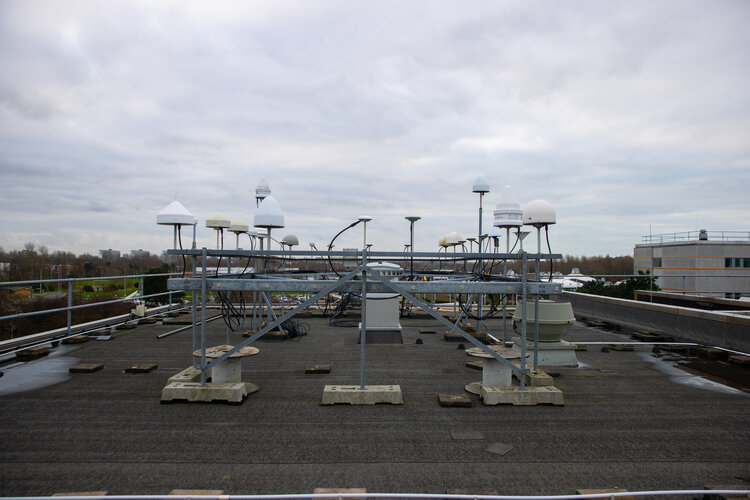
With their first launches due in the middle of this decade, G2 satellites will be much larger than existing Galileo satellites and represent a major technical step forward. Employing electric propulsion for the first time, and hosting an enhanced navigation antenna, their fully digital payloads are being designed to be easily reconfigured in orbit, enabling them to actively respond to the evolving needs of users with novel signals and services.
Two independent families of satellites, amounting to 12 Galileo Second Generation satellites in total, are being procured from Thales Alenia Space in Italy and Airbus Defence & Space in Germany. Back-compatible with the current constellation, the G2 satellites will incorporate numerous technology upgrades, developed through EU and ESA research and development programmes.



